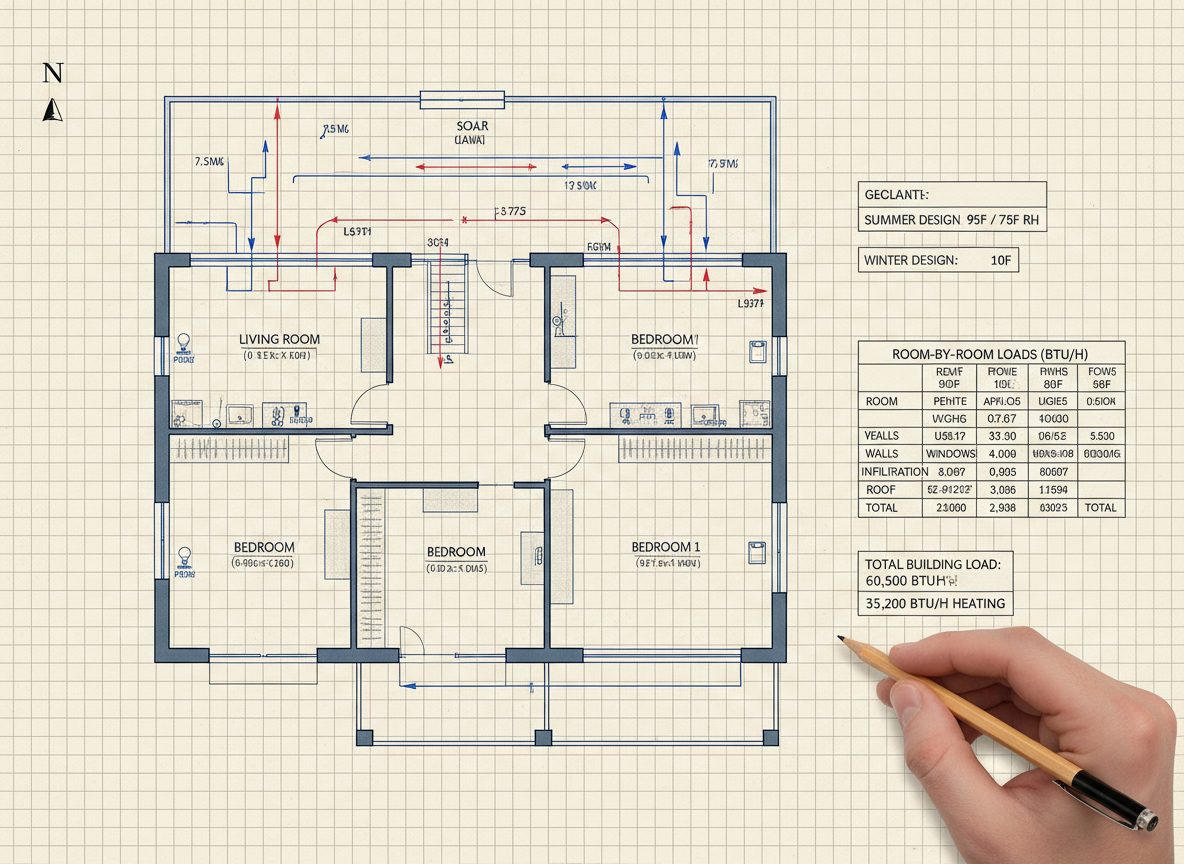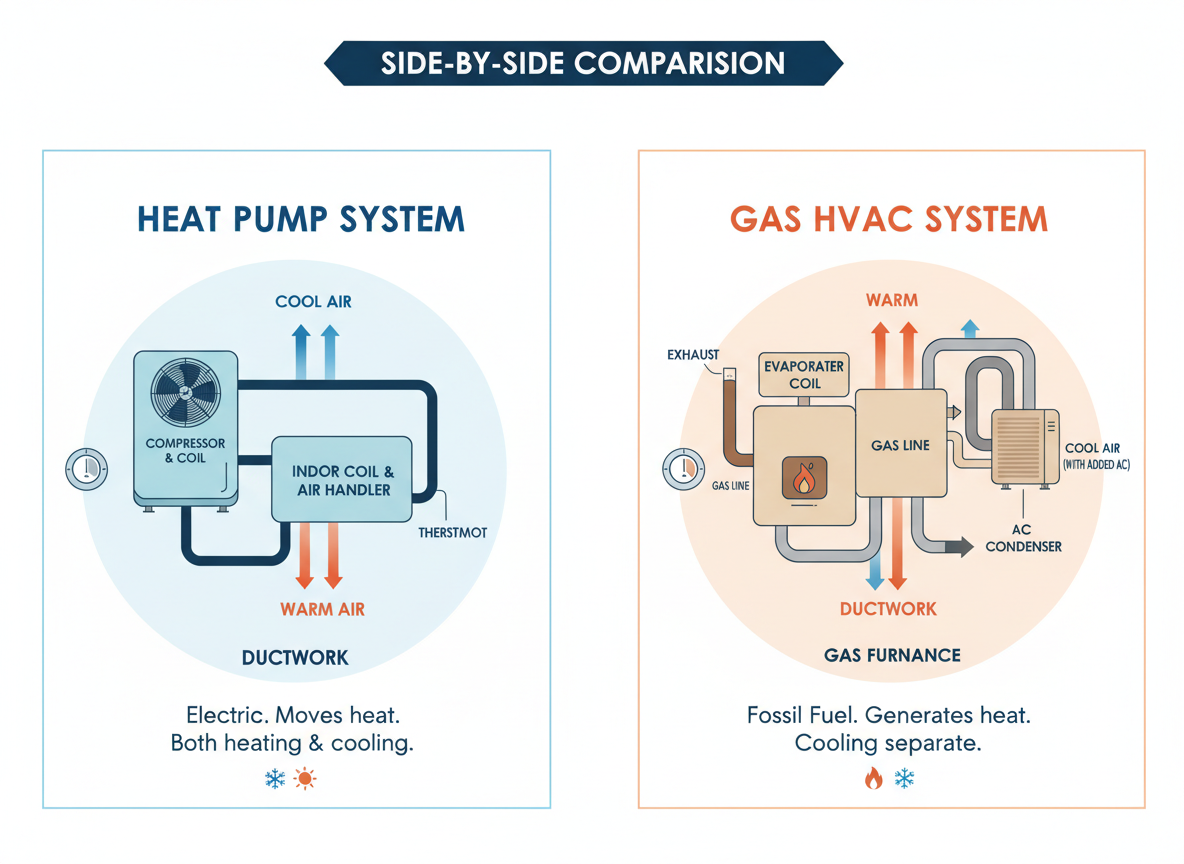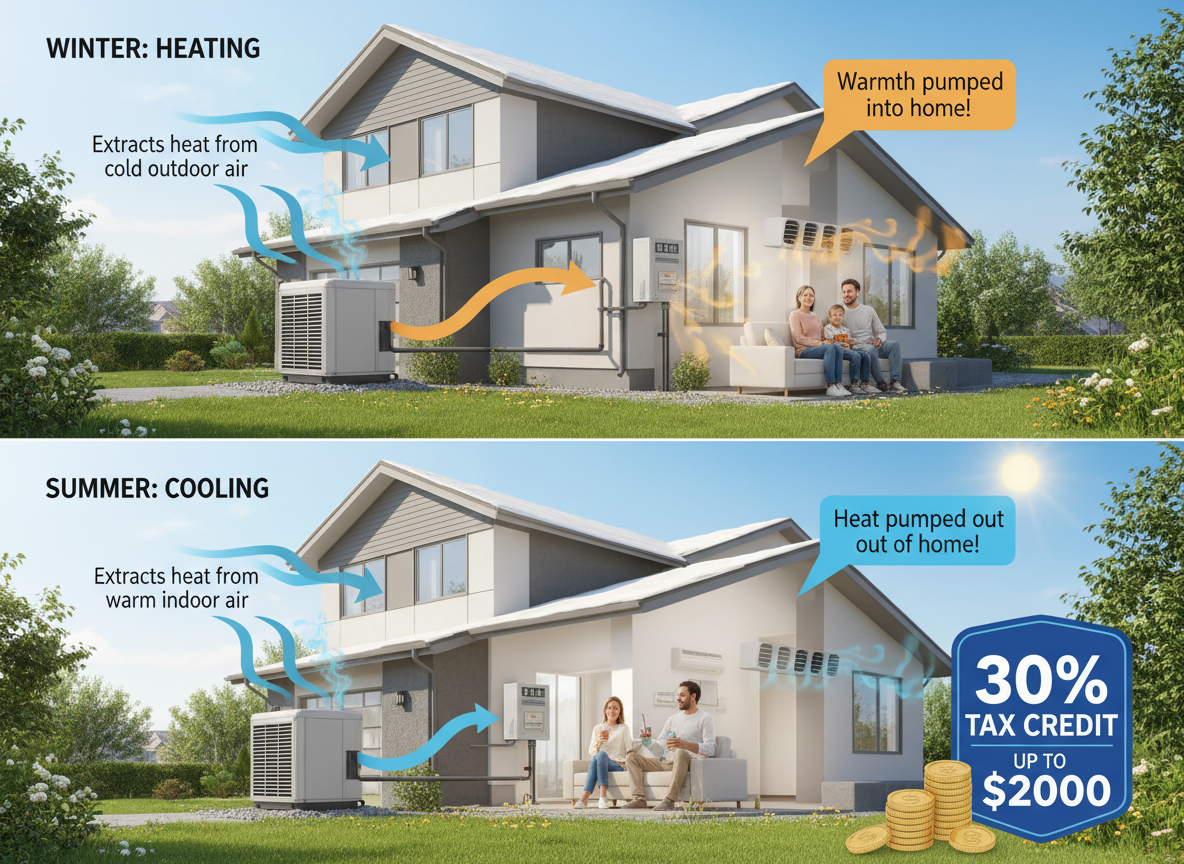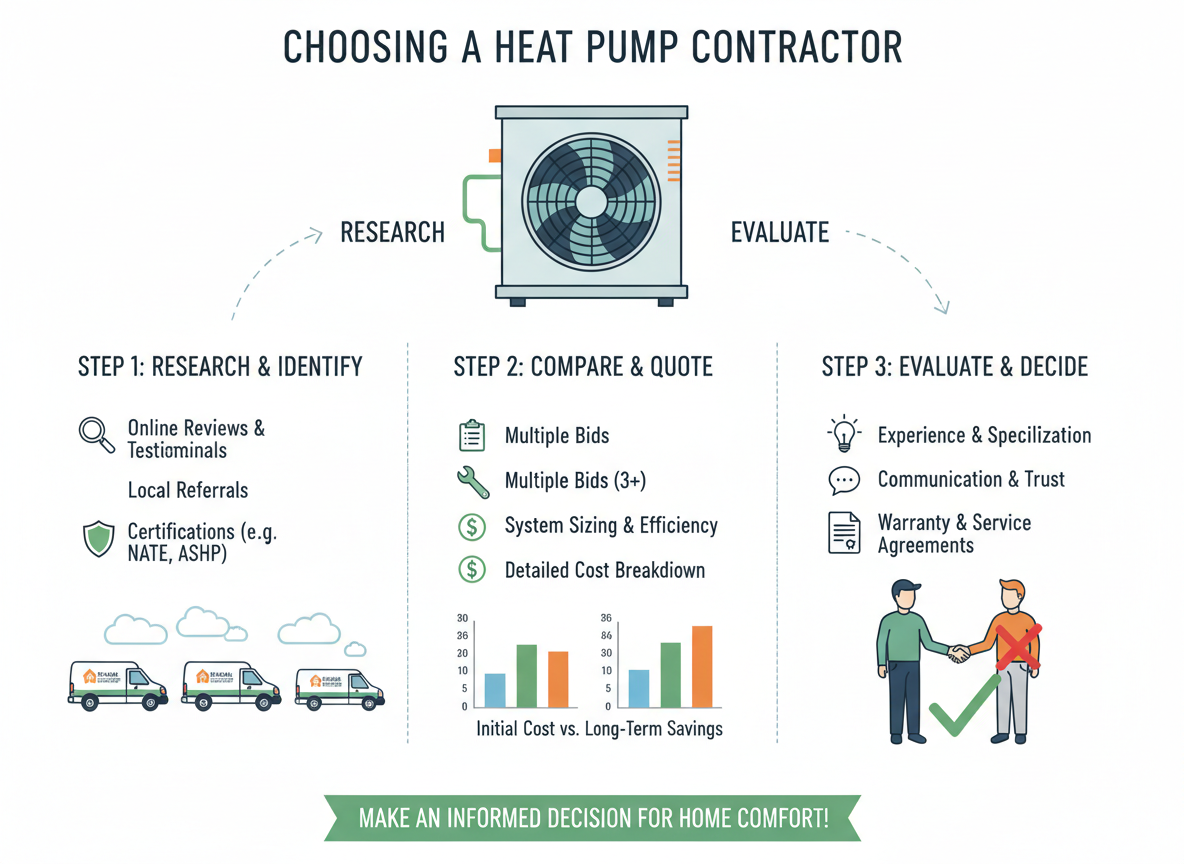
Understanding the SEER rating is like holding the master key to realizing the greatest savings with your HVAC system.
So, exactly what is SEER rating?
SEER stands for Seasonal Energy Efficiency Ratio; a measuring system that determines how effectively, and economically, your HVAC unit is capable of performing. It signifies how much ‘cool’ is made available for every energy unit that’s used. The correlation between the SEER rating number and the cooling ability and costs is simply this; the higher the SEER rating, the more cooling and cost-efficient the HVAC unit.
How High Do SEER Ratings Go?
SEER 25 and higher Split Air Conditioning Systems are available but they aren’t always cost effective. The higher SEER means larger coils and several compressors, even in residential applications. SEER ratings at the mandated minimum are usually the most cost effective when replacing old HVAC systems or installing new ones. However, in locations with extended cooling seasons, the higher SEER units become more practical as the energy usage cost weighs more heavily.
It’s possible to purchase ductless, mini-split AC units with a 33 SEER. Ducted HVAC systems aren’t quite there yet but they aren’t far behind. It’s more of a challenge with ducted systems because there’s a cooling design loss that results in operational deficiency that’s up to 20% lower than the posted rating.
There are ground-source units with SEER ratings up to 75! However, the heat pump efficiency relies on the temperature of the ground and/or the water source. So, expect much lower efficiency in hotter climates because the heat pumps rely on the temperatures of the surrounding ground and the water supply.
Selecting The Right SEER Rating: Stay Cool For Less Money
The SEER rating is an accurate gauge of the overall HVAC system performance on a seasonal level; the EER (Energy Efficiency Ratio) gives a better reading of the systems operational efficiency under set conditions. The maximum SEER is reached by averaging the max EER over the full range of predicted seasonal temps for a particular location.
The higher the SEER rating, the higher the purchase price. It’s crucial to remember that the difference in price is typically recouped through significantly lowered energy bills. The costs for maintenance and/or repairs on the more efficient systems are also greatly lowered.
2015 SEER Rating Requirements Mandated By The US Dept. of Energy (DOE)
The standards for HVAC units in American homes are steadily evolving to reflect the need to conserve more energy and better protect the environment. There’s a regional factor that has been inducted into the SEER rating system since 2011. Basically, it allows for setting minimum SEER ratings according to geographical location.
As of 2015, Split Central AC Systems installed in the Southeast Region of the U.S. must be at least SEER14. In the Southwest, the minimum SEER is 13 and the EER is 12.2. The national U.S. minimum is also 13 SEER.
What SEER Is Right For You?
The formula for evaluating both current and optimum efficiency is complicated. Several factors must be considered to determine the most practical SEER.
The easiest and surest way to know which SEER is best for your particular location is to make an appointment with your local, licensed, professional HVAC Contractor. Tap into their knowledge and expertise to assist you in determining the best options for your HVAC upgrade, replacement or new installation. Now, that’s a great formula! To learn more about services our company offers, please visit our homepage.






















.png)














